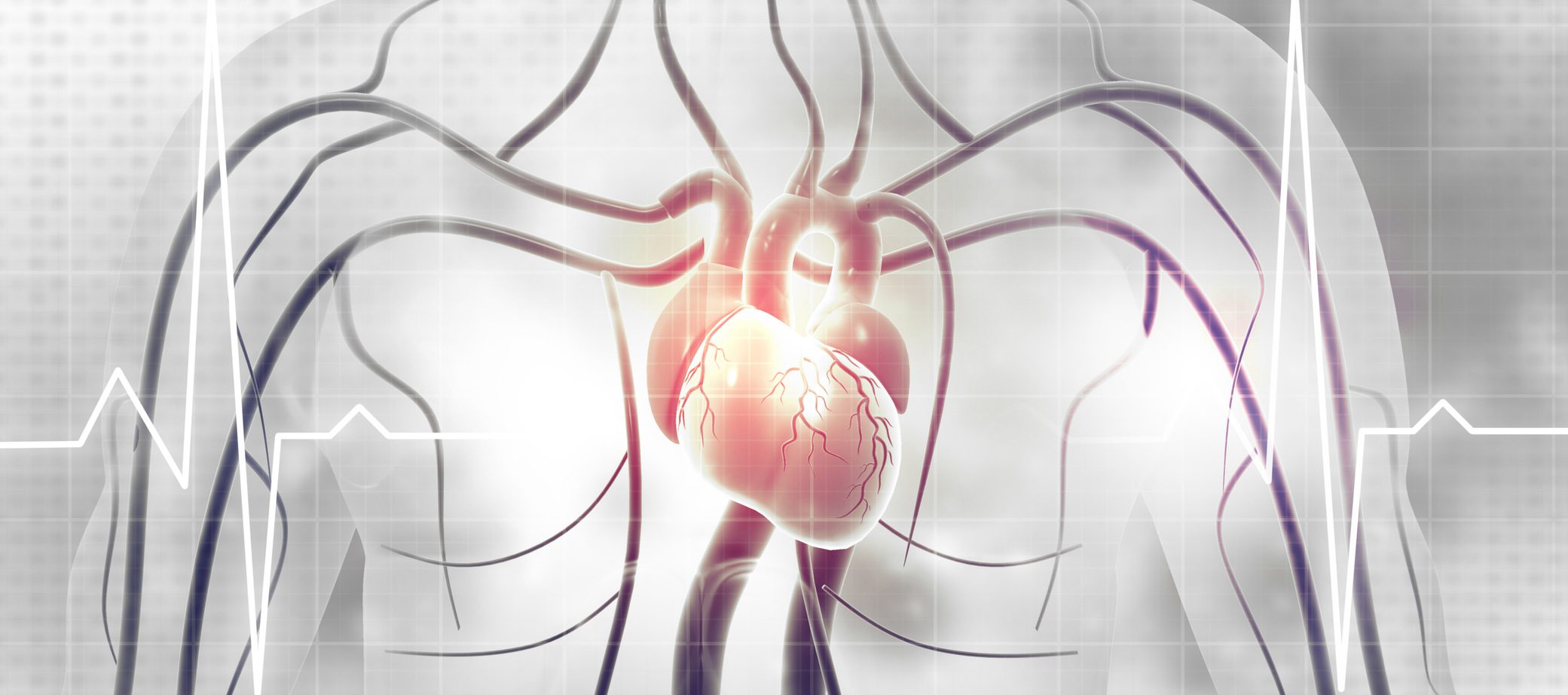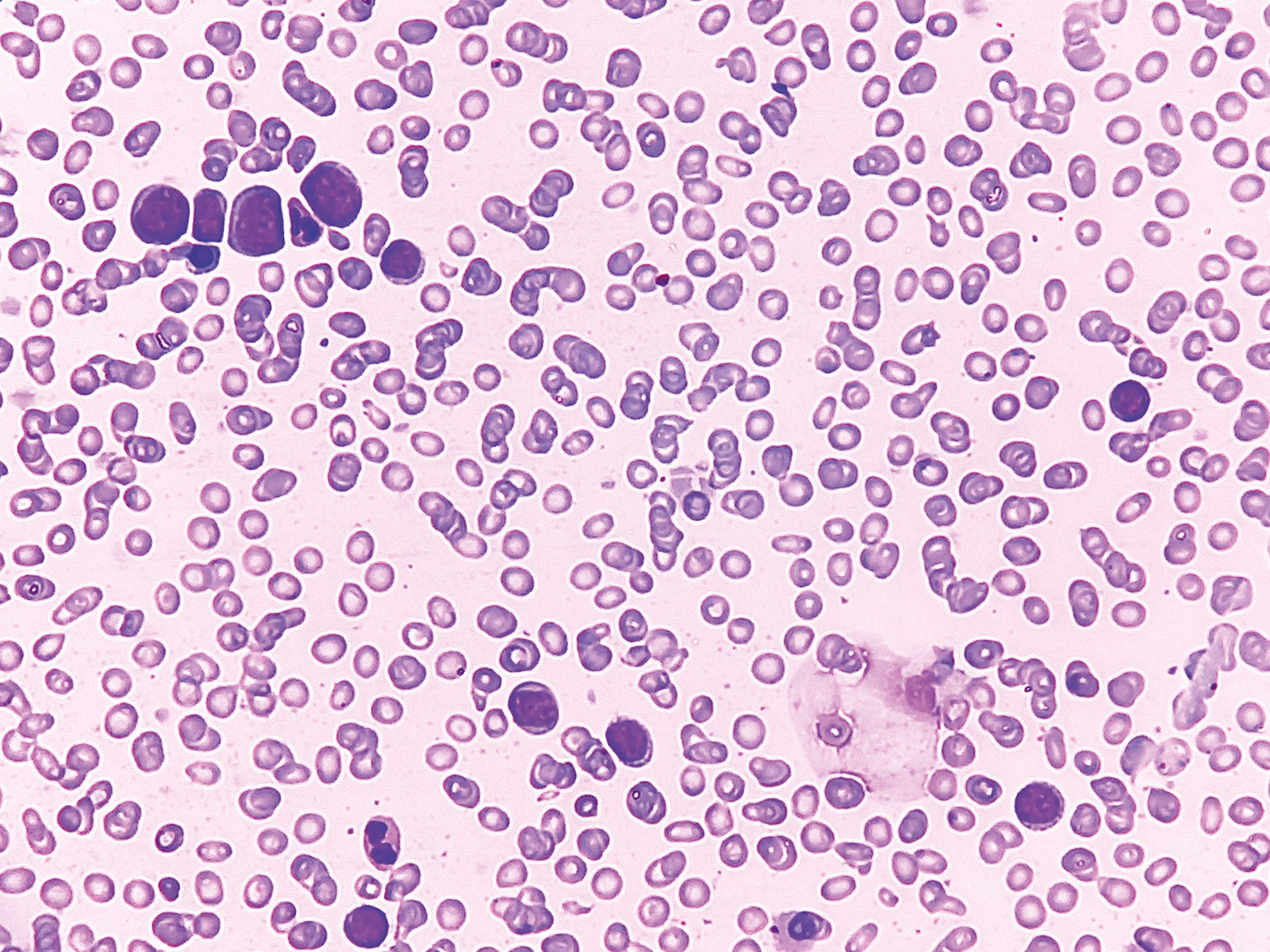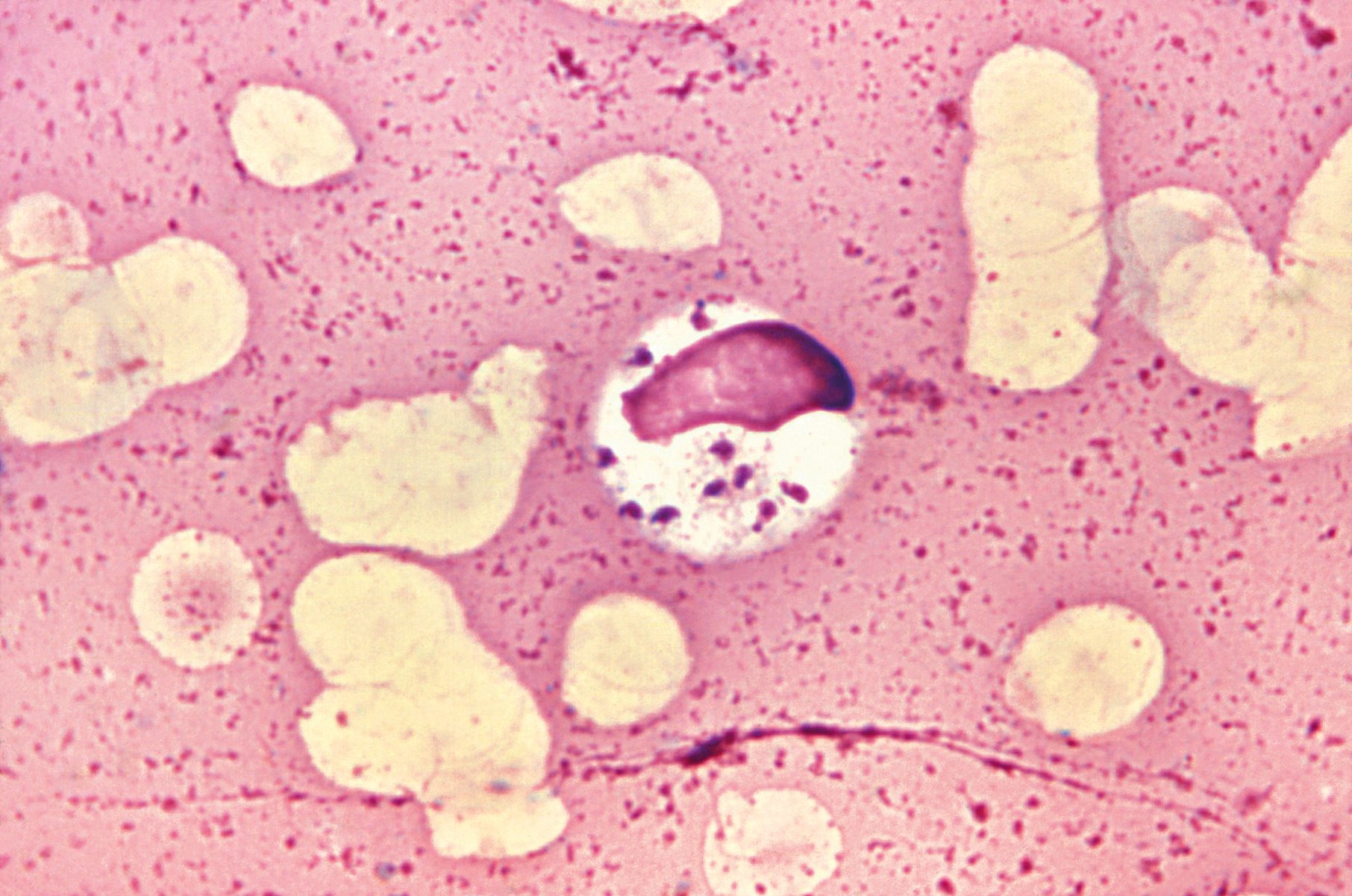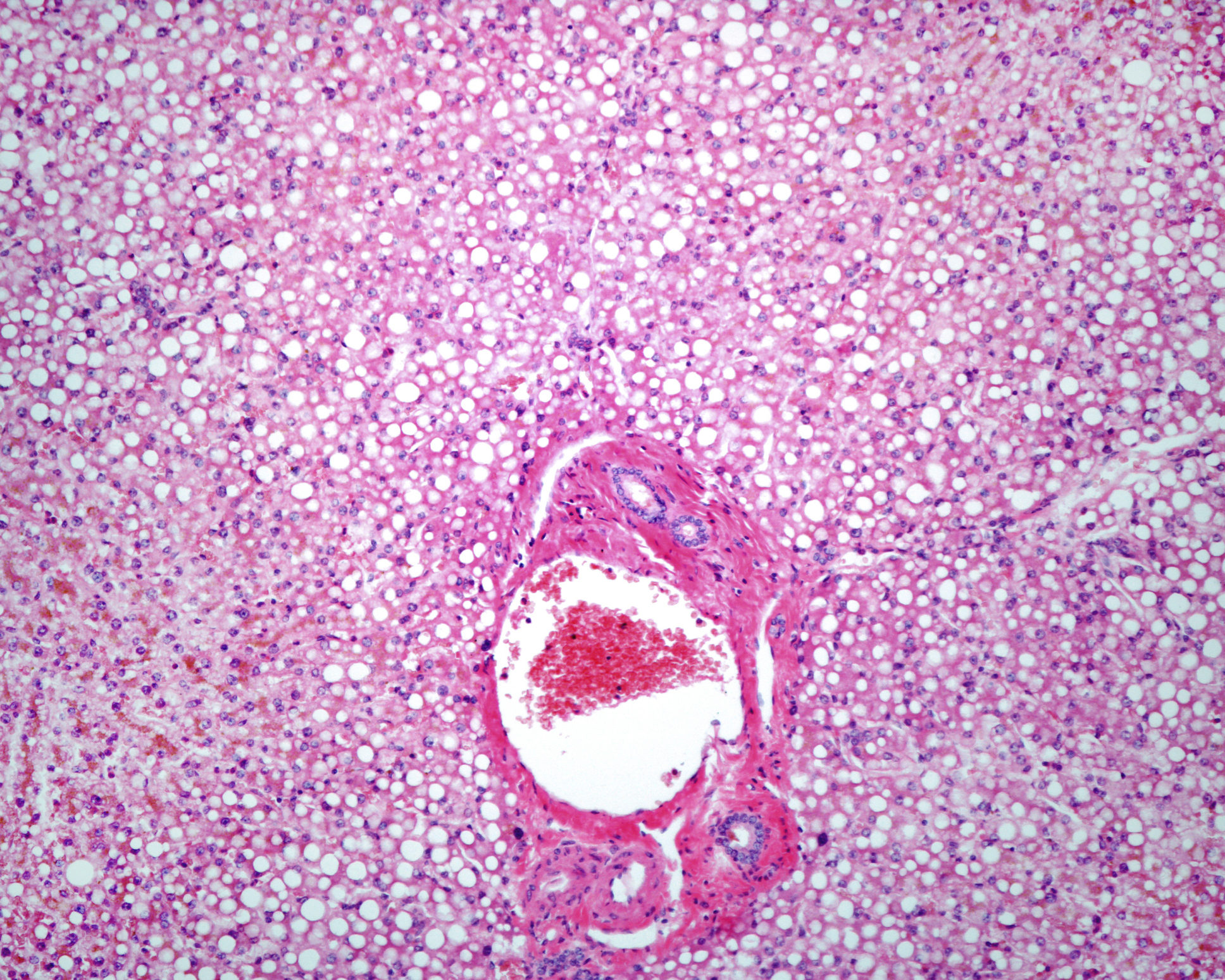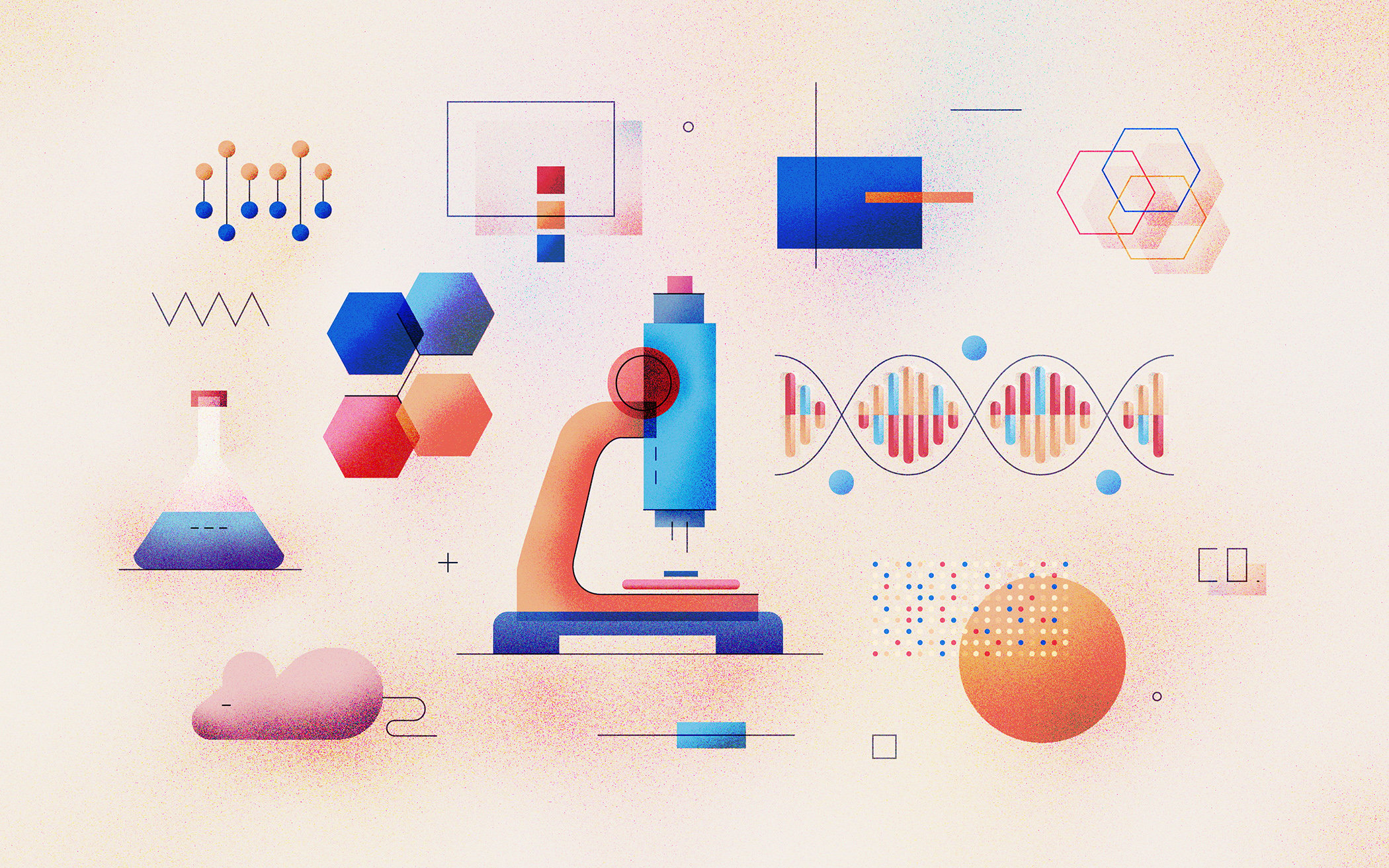Neurocardiology is a comparatively young, interdisciplinary field that deals intensively with the (patho-)physiological interactions between the nervous system and the cardiovascular system. The fact that emotions and stress can affect the heart has been known medically for centuries. However, it is only in recent decades that it has been recognized that a large number of cardiovascular diseases (e.g. heart failure, high blood pressure, arrhythmias) and cardiovascular events (e.g. sudden cardiac death) are controlled to a considerable extent by neurogenic mechanisms.
You May Also Like
- MASLD/MASH
Drug therapy options on the rise: spectacular evidence
- New ways of neuroregeneration
CRISPR and artificial intelligence
- Asbestos victims
Federal Council has decided to amend the UVG
- Music as a cure for cancer?
Music therapy in Swiss oncology
- Clinical significance, pathophysiology, diagnosis and management
Frailty in COPD
- Bladder infections and urinary tract infections
Survey reveals information deficits in the population
- Early detection of type 1 diabetes
Detection of insulin autoantibodies as an early marker
- Type 2 diabetes

